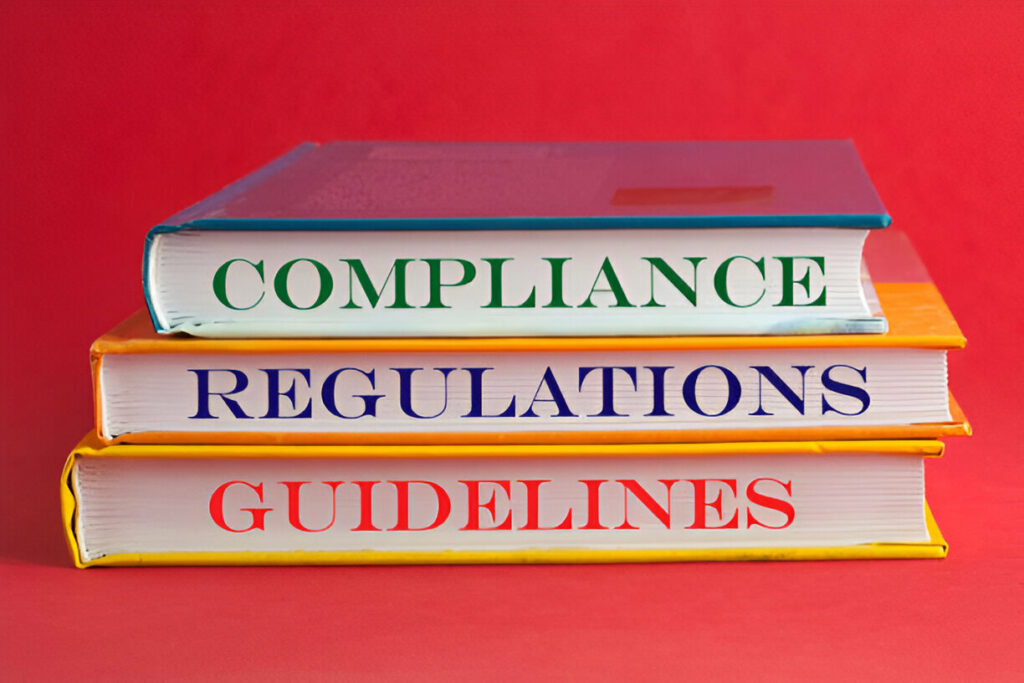

© eLegal, All Rights Reserved | @cruxtechng


Contact us through our WhatsApp chat, web form or our toll free number, stating your full contact information, the service you would like to be provided and a request for a quote from our expert consultants.
Receive and review our quote alongside the details of the legal service to be provided, approve the quote and pay through any of our listed reliable payment system.


Receive a fast and reliable delivery of the legal advice and documents from our expert lawyers.
At eLegal Consultants, we provide faster, convenient and affordable legal services in a click of a button.
Navigating the complexities of property law in Nigeria can be daunting, especially when it comes to regulatory and permit compliance. Whether you’re buying, selling, or developing property, understanding the legal requirements is crucial to avoid costly mistakes and ensure a smooth transaction. This guide provides essential information for individuals looking to comply with Nigeria’s property laws and regulations.
In Nigeria, property transactions are governed by a combination of federal, state, and local laws. Regulatory compliance ensures that all legal requirements are met, while permit compliance involves obtaining the necessary approvals for property use, development, or transfer. Failure to comply can result in fines, legal disputes, or even the revocation of property rights.
Ministry of Lands and Housing: Oversees land allocation, registration, and titling.
State Urban Planning Authorities: Responsible for zoning, building permits, and development approvals.
Corporate Affairs Commission (CAC): Handles registration for property-related businesses or trusts.
Certificate of Occupancy (C of O): This is the most critical document for land ownership in Nigeria. It confirms the government’s approval for the use of the land.
Governor’s Consent: Required for the transfer of property ownership or leasehold interests.
Building Plan Approval: Mandatory for any construction or renovation project.
Environmental Impact Assessment (EIA): Necessary for large-scale developments to assess environmental effects.
Survey Plan: A detailed map of the property, prepared by a licensed surveyor, is required for registration and titling.
National Environmental Standards and Regulations Enforcement Agency (NESREA): Ensures environmental compliance for property development.
Conduct a Title Search: Verify the property’s ownership and ensure there are no encumbrances or disputes.
Engage Professionals: Work with our lawyers, surveyors, and architects to handle legal and technical aspects.
Apply for Permits: We Submit all required documents to the appropriate regulatory bodies and follow up diligently.
Pay Statutory Fees: Be prepared to pay fees for permits, approvals, and taxes.
Regularize Irregularities: With us, there will not be any non-compliance issues, and if there is any, we take steps to rectify them immediately.
Complying with regulatory and permit requirements protects your investment, ensures legal ownership, and prevents future disputes. It also enhances the value of your property and makes it easier to sell or transfer in the future.
We at eLegal Consultants are legal experts specialized in Nigerian property law. Taking the right steps today can save you time, money, and stress in the long run.
As our name suggests, we offer you the best comprehensive legal solution online and offline.

© eLegal, All Rights Reserved | @cruxtechng